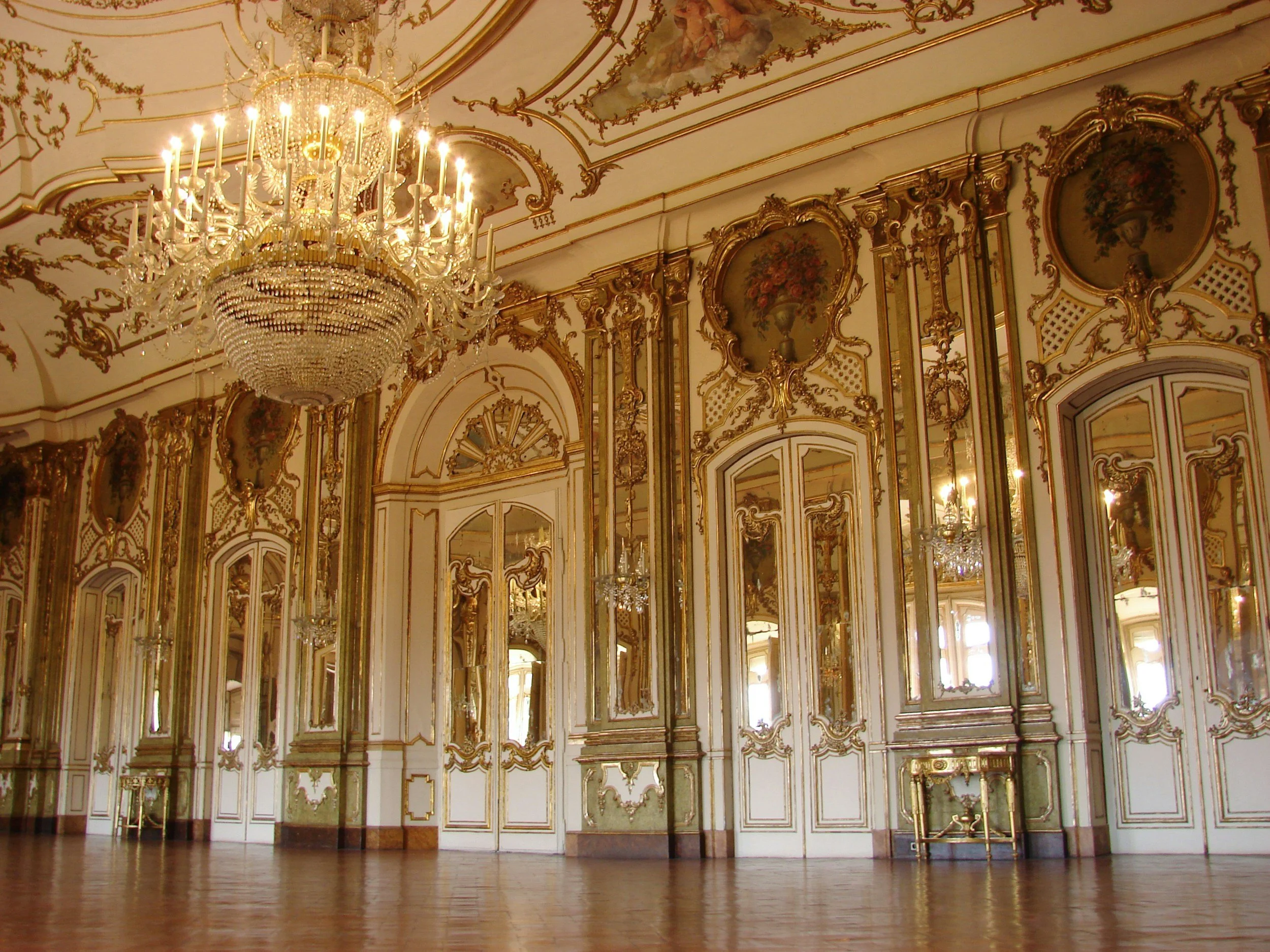Inequality—History's Great Villain
Rachel Ainsworth & Daniel Hoyer published an opinion piece on the role that extreme wealth disparities have played in the past, driving crises and even the collapse of otherwise large, prosperous, ostensibly stable societies.
Read the full piece in the ASRA Network blog series TheRethink.
They conclude that Inequality has plagued many societies in the past:
“There is a lot that is new – and scary – in our modern world. We have seen an accelerating onslaught of crises across global economic, environmental, and socio-political systems; what commentators refer to as a polycrisis. At the same time, as historians we are consistently struck by how much is eerily familiar. Our work at Societal Dynamics (SoDy), drawing on historical insights from the Seshat Databank project, gives us a panoramic view of familiar patterns that seem to be repeating themselves today.
One of the clearest patterns that jumps out is how truly insidious inequality has been throughout history. When differentiation in wealth, power, access, and privilege takes hold, they tend to perpetuate themselves. This causes the gap between the ‘haves’ and ’have nots’ (or the ‘have less-es’) to keep getting wider and wider from one generation to the next.”
And it is rearing its ugly head around the world today. But there are more hopeful lessons from history as well. We can draw inspiration and ideas from how past societies confronted – or failed to manage – destabilizing differences in wealth, power, and access. The authors conclude with a few key points for ways we might Rethink the systems, patterns, and experiences that aren’t working for everyone:
“The Progressive era and New Deal examples, along with similar moments of reform, offer something of a playbook for confronting the inequality we face today. This will not be an easy process that happens overnight; just as it has taken decades of decisions, policies, and reinforcement to get to this point, so too will it take a sustained effort of iterative, step-wise actions to relieve these pressures. And of course, we need to do this at the same time as we tackle the immediate needs of relieving economic disparities, slowing down global climate change, and the systemic violence that is causing real harm to (increasingly) unprotected groups.
But all hope is not lost. It has happened before and it can happen again now. To do this, though, we need to ReThink the patterns and behaviors that have led us to where we are today:
We need to ReThink our economic and fiscal models, shifting from growth-at-all-costs to inclusive well-being models. We have enough for all of us, as long as we out our collective energies and wealth to supporting everyone, humans and non-humans alike.
We need to ReThink our short-term focus and take action towards long-term, sustainable solutions while still meeting the urgent demands of today.
We need to ReThink how we engage with ‘the other side’, bridging divides and generating broad buy-in for needed transformations rather than deepening our already polarized discourse and partisan hostility.
We need to ReThink our relationship to power, addressing head-on the extreme disparities in wealth and social power we have allowed to grow over decades, recognizing that elite cooperation may be crucial for enacting true systemic change, as history shows that their opposition worsens the situation for everyone.”
If we can do this, we might be able to establish new, better, more sustainable, and more just patterns in their place. And perhaps vanquish history’s great villain along the way.

